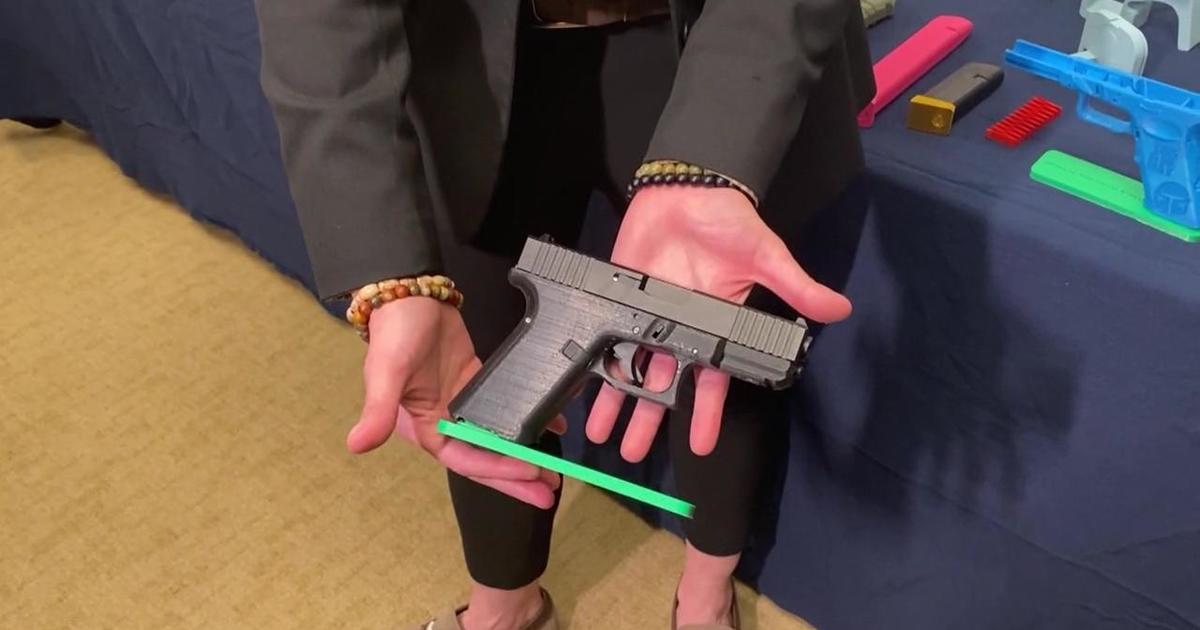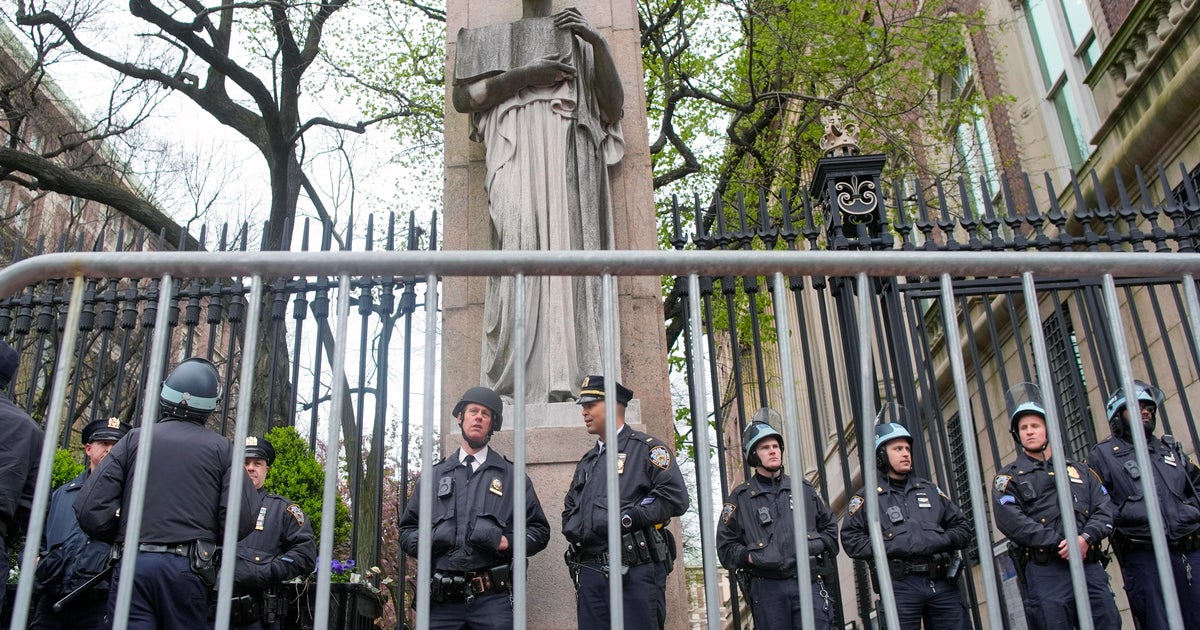Melissa Mark-Viverito Admits To Worrying About Biopsy Results Following HPV Diagnosis
NEW YORK (CBSNewYork) -- New York City Council Speaker Melissa Mark-Viverito, who recently revealed she has high-risk human papillomavirus, or HPV, said Tuesday that waiting for her biopsy results is "nerve-racking."
Mark-Viverito, 45, announced Sunday on Twitter that she has the common sexually transmitted disease that can lead to cancer.
When asked Tuesday if she is concerned about the worst-case scenario, the speaker told WCBS 880's Rich Lamb: "It's never pleasant to have to go through a process where you're being told that you have to await results for anything. It's very nerve-racking.
NYC Council Speaker Melissa Mark-Viverito Admits Worrying While
"So yes, it's a little worrisome," added the speaker, who had just returned to City Hall following a trip to Puerto Rico, where she officiated a wedding. "But I have a lot of support, and a lot of people have expressed their concern as well, so that's been very helpful."
Mark-Viverito, who says she is a very private person, indicated it had taken her a couple of days to decide to disclose publicly that she has the condition. She said she did it to raise awareness and to destigmatize the condition.
Mark-Viverito said on Twitter she received the results of a recent gynecological exam Friday. She explained that it had been two years since her previous gynecological exam and hopes that coming forward with her diagnosis will encourage others to be examined regularly.
Public Advocate Letitia James was one of several elected officials who praised the speaker for raising awareness and going public with something so private, CBS 2's Andrea Grymes reported.
"She has basically saved the lives of a countless number of women," James said.
Mayor Bill de Blasio praised Mark-Viverito for making public a very personal health matter.
"She did something very brave," de Blasio said Monday. "I, before this weekend, had great respect for Melissa Mark-Viverito. My respect is even greater today."
Mark-Viverito's announcement comes as a new study finds a vaccine for HPV remains effective longer than originally thought. Previous research suggested the vaccine lasted about four years, but the new study from Georgia Regents University finds children were still protected from HPV eight years after being vaccinated, CBS 2 reported.
The CDC recommends all children ages 11 and 12 be vaccinated for HPV. The vaccine has been shown to prevent infection if it is given before a person is exposed to the virus.
HPV is so common that most sexually active men and women will get at least one type of the virus at some point, according to the CDC. In most cases HPV goes away on its own.
You May Also Be Interested In These Stories



